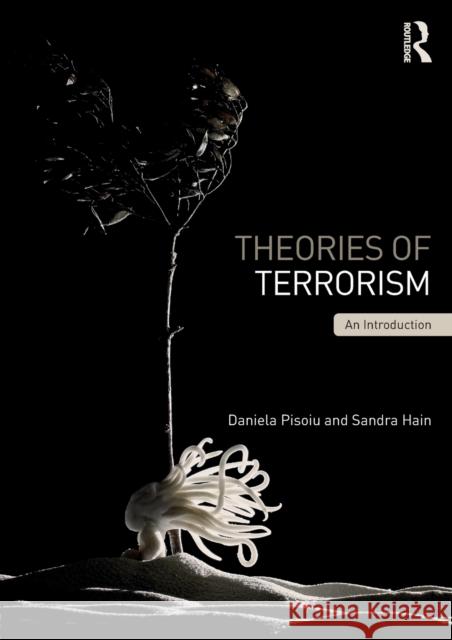Theories of Terrorism: An Introduction » książka
Theories of Terrorism: An Introduction
ISBN-13: 9780415826082 / Angielski / Miękka / 2017 / 200 str.
Theories of Terrorism: An Introduction
ISBN-13: 9780415826082 / Angielski / Miękka / 2017 / 200 str.
(netto: 214,08 VAT: 5%)
Najniższa cena z 30 dni: 196,40
ok. 16-18 dni roboczych.
Darmowa dostawa!
This book provides students with a multidisciplinary theoretical and methodological introduction to terrorism studies. Terrorism studies has not produced specific theories but has drawn on other fields, from IR, comparative politics, to sociology, psychology, or criminology. This fact is however rarely acknowledged. What is more, these hypotheses and concepts are sometimes presented as if they were new, without identifying their sources; furthermore, these theories do not communicate with each other. In dealing with particular topics, most authors propose only one approach or one discipline. A larger gap is between 'traditional' and 'critical' terrorism studies, or between 'terrorism' and 'counterterrorism'. Finally, confusion can arise as to what the unit of analysis actually is, terrorism as a phenomenon, individuals or groups and what exactly we are trying to find out or explain. All these issues create a series of difficulties in terms of: accessing the pool of associated literatures, integrating theoretical constructs in broader theories and theoretical traditions, comparing and contrasting them and therefore better understanding the phenomenon and delivering good research. This book does not focus on descriptions of organisations, tactics, structures, historical overviews, particularities of groups and their modus operandi (although these are partly present in boxed case studies), rather it approaches theories from the following fields: sociology, IR, comparative politics, criminology, psychology, economics, anthropology, war studies, gender studies. It also uses the following methods: case studies, interviews, participant observation, statistics, network analysis, game theory, discourse analysis. Relevant issues are identified and formulated as questions; theories from various fields and the way they have been, explicitly or implicitly used in terrorism studies, are briefly introduced and assessed, along with the methods used and examples of studies and their respective findings. Counterterrorism is not approached in isolation, but in the context of and in relation to theories on terrorism.
This textbook offers a valuable new teaching tool which aims at providing students with the conceptual, theoretical and methodological toolbox necessary to understand and research terrorism. It identifies the key issues, formulated as questions, and attaches to them packages of concepts, theories, hypotheses and methods. Given a topic of interest, it answers the question: how to go about studying it? What are the theories that can help? The book therefore offers students an accessible way to capture, sort and understand terrorism literature and use it for their own ends. This book will be essential reading for students of terrorism studies, political violence and counter-terrorism, and highly recommended for students of security studies, criminology, politics and International Relations.











